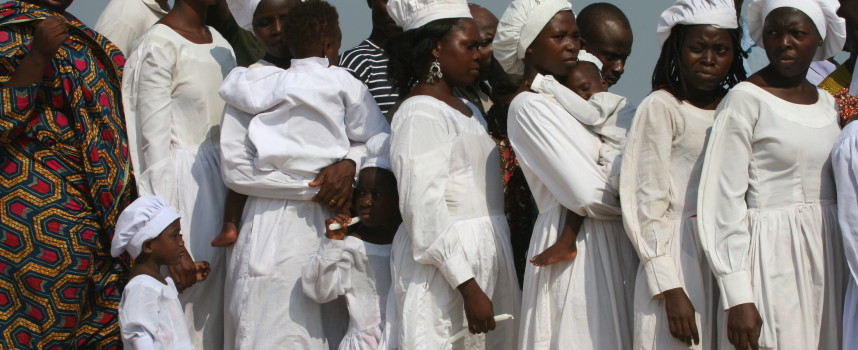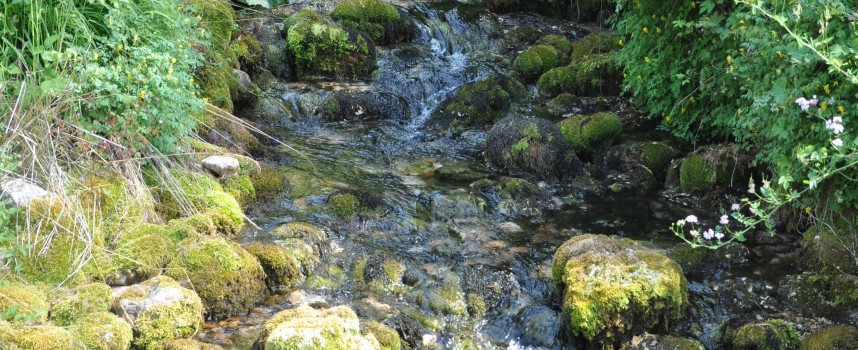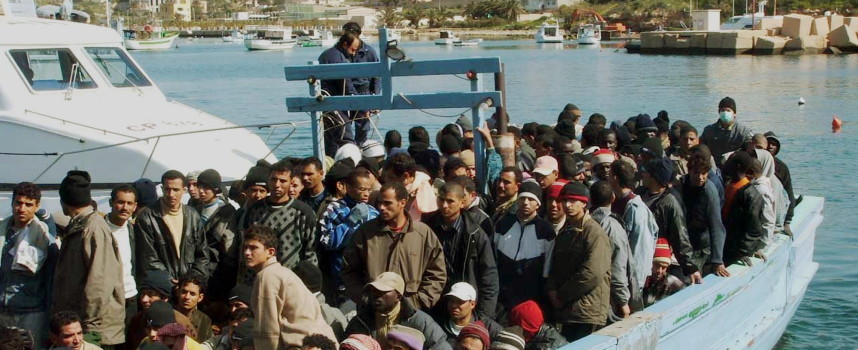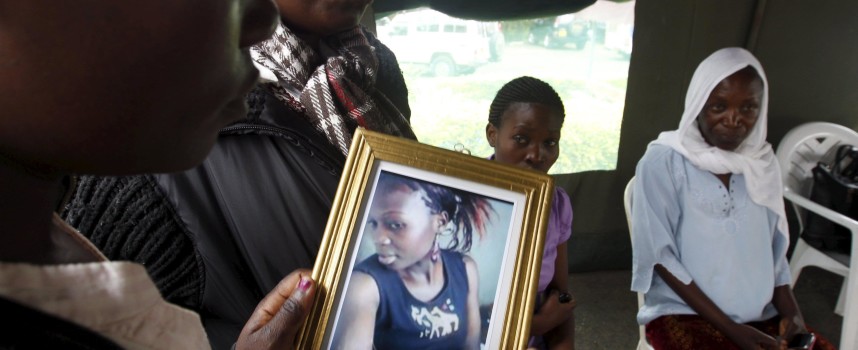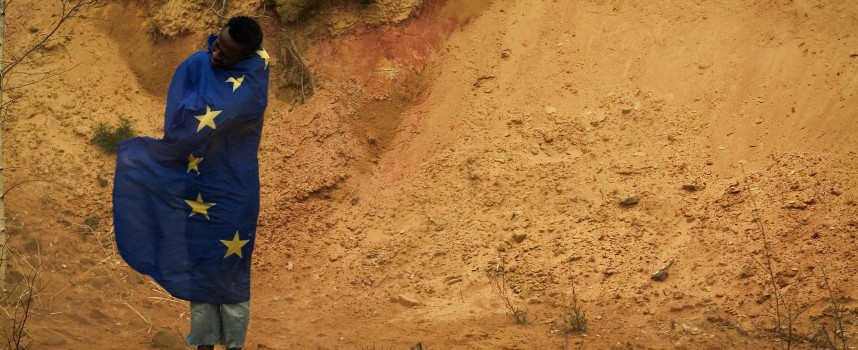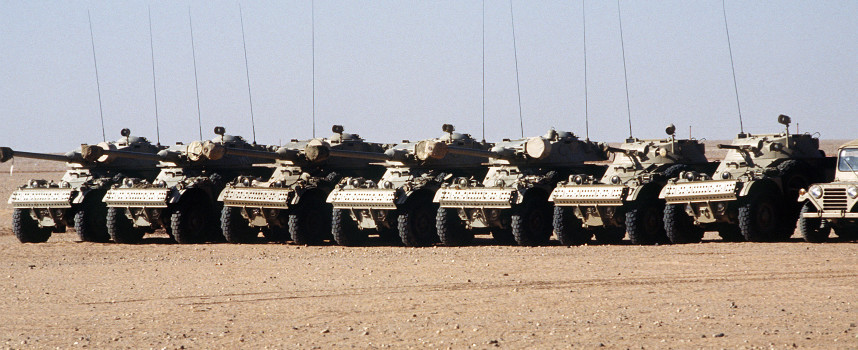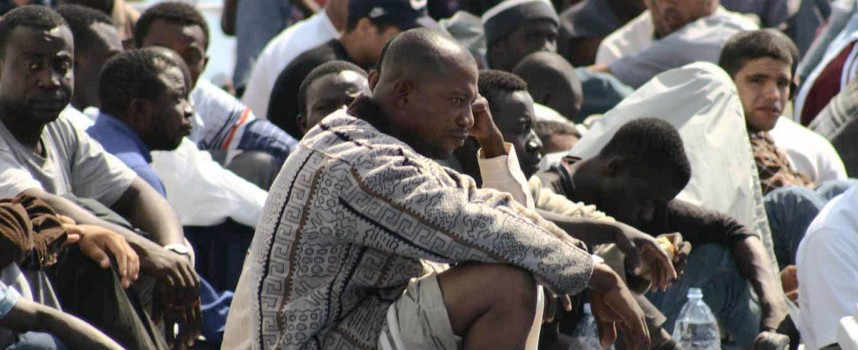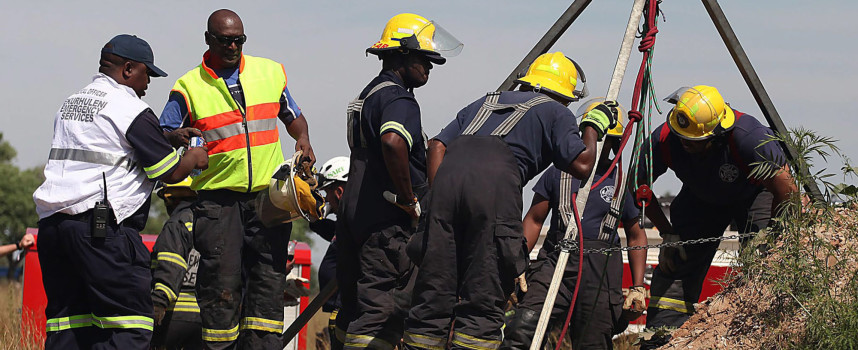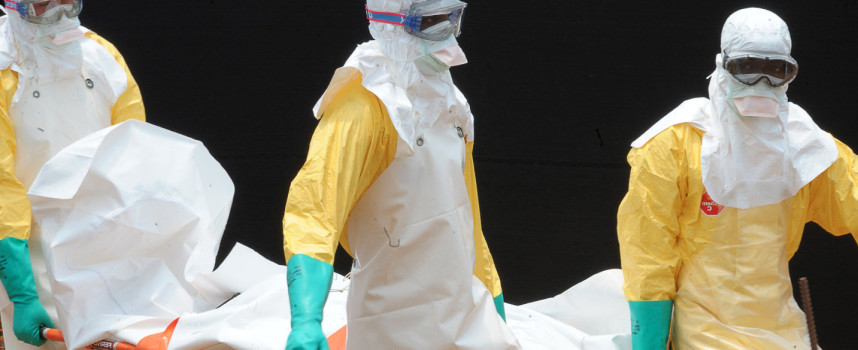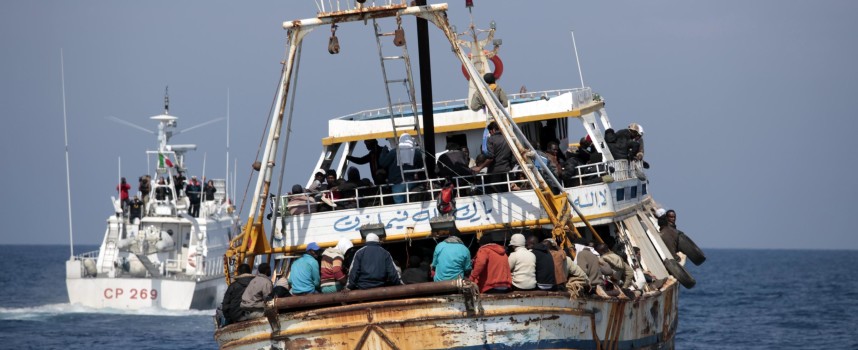Africa and Europe
EN | IT | FR – I was told this story which comes from Africa: during a Mass some faithful moved to drop their mite in a tray. A small African child seeing that his turn had arrived, and not having any coin, found nothing better than to put himself in the tray. He had nothing to offer other than himself. What better gift can we do that the gift of ourselves!
EN | IT | FR | DE – CIDSE is an international alliance of 17 Catholic development organisations working together for global justice. Caritas Internationalis is a network comprising 165 organisations. It works for a world of peace, solidarity and justice. It provides help to victims of war, natural disaster and poverty and to migrants. CIDSE and Caritas Internationalis together published in November 2014 the declaration: “Catholic international organisations facing up to climate change”. It is a powerful call for action to governments and international organisations to react quickly and in an effective way to face the challenges of climate change.
EN | IT – Italy, with its extraordinary history of solidarity, despite the crisis which also affects young people and families, cannot fail to share its own resources for the protection of a basic right and duty towards those who today, in total despair, start off on a journey. You cannot sacrifice the duty of solidarity to the reason of State or to political or electoral reasons, leaving it to the discretion of agencies and institutions.
EN | IT – The dead of Garissa are our dead. Those of Garissa are dead of ours. We should keep on saying it aloud two weeks after the massacre that claimed the lives of 147 students in Northern Kenya, in the big university campus where they studied. Not only because we should consider every dead and, in particular, every victim of terrorism, as our own dead, regardless if they died in Paris or Baga, in Mosul or Tunis, but for the very fact that these young people have been killed by Al-Shabaab Somali warriors as an act of retaliation against the militia engaged in the difficult task of stabilizing Somalia.
EN | IT – What can this Europe give to Africa and other developing countries? It is not the first time that I pose this question considering the many debates that, in recent years, have multiplied on the issue of cooperation to development. A topic which is particularly sensitive in a continent that, despite the economic crisis, is still the largest donor in the world: if we look at 2013, as a whole, the European Union and its Member States have provided more than half of what the Organisation for Economic Cooperation and Development (OECD) defines as “public aid for development,” for a total amount of 56.5 billion Euro, which corresponds to about 0.43% of EU’s GDP.
EN | IT – After nearly four years from the final fall of the Gaddafi regime we cannot hide that the collapse of Libya has been an explosive element for other crises in the continent and to the proliferation of those same groups that today France itself is fighting.
EN | IT – To control migratory flows pouring out of depressed areas and on to Europe, “raising a wall is not enough, nor is cooperation: a long-term strategy is needed”, combining cooperation with troubled countries with the rebuilding of countries “on the verge of total collapse”. These are the words with which the Italian Minister of Foreign Affairs, Paolo Gentiloni, saluted the launch of the Khartoum Process on immigration from Eastern Africa (the so-called EU-Horn of Africa Migration Route Initiative), at the end of the inter-ministerial conference held in Rome on November 28th.
EN | IT | FR – The behaviour of extractive European companies (mining and oil) working in Africa is often criticized for the many abuses committed while exploiting the natural resources. These abuses range from secret negotiations between the companies and the African governments to violations of fundamental rights of workers and the affected populations. They also include the lack of control of minerals exported, limited taxes paid to host countries and the lack of accountability of the companies for environmental damage caused by the extractive industry.
EN | IT – The recent assurances by the World Health Organization (WHO) on the improbability of an epidemic of Ebola in the West were not sufficient. For weeks in Europe and the United States we have witnessed a growing concern for a future extension of the infection. Such a concern, provided it does not turn into alarmism, will certainly help to keep our guard up and step up efforts to contain and combat the disease, but it also brings to light some deep gaps and the usual bias which affects us, on this side of the Mediterranean area, when we look at the African continent.
EN | IT – The words that the Catholic bishops of Eritrea have pronounced, on May 25, in a pastoral letter published on the 23th anniversary of the Country’s independence, are hard. In the bishops’ minds, the tragedy of October 3 last year, off the coast of Lampedusa, which killed over three hundred migrants, most of them Eritreans. No coincidence that the title of their Pastoral Letter, Where is your brother?, takes up the words of Pope Francis during his visit to Lampedusa on July 8, 2013. But, faced with these words and these facts, what was the reaction of Europe?

